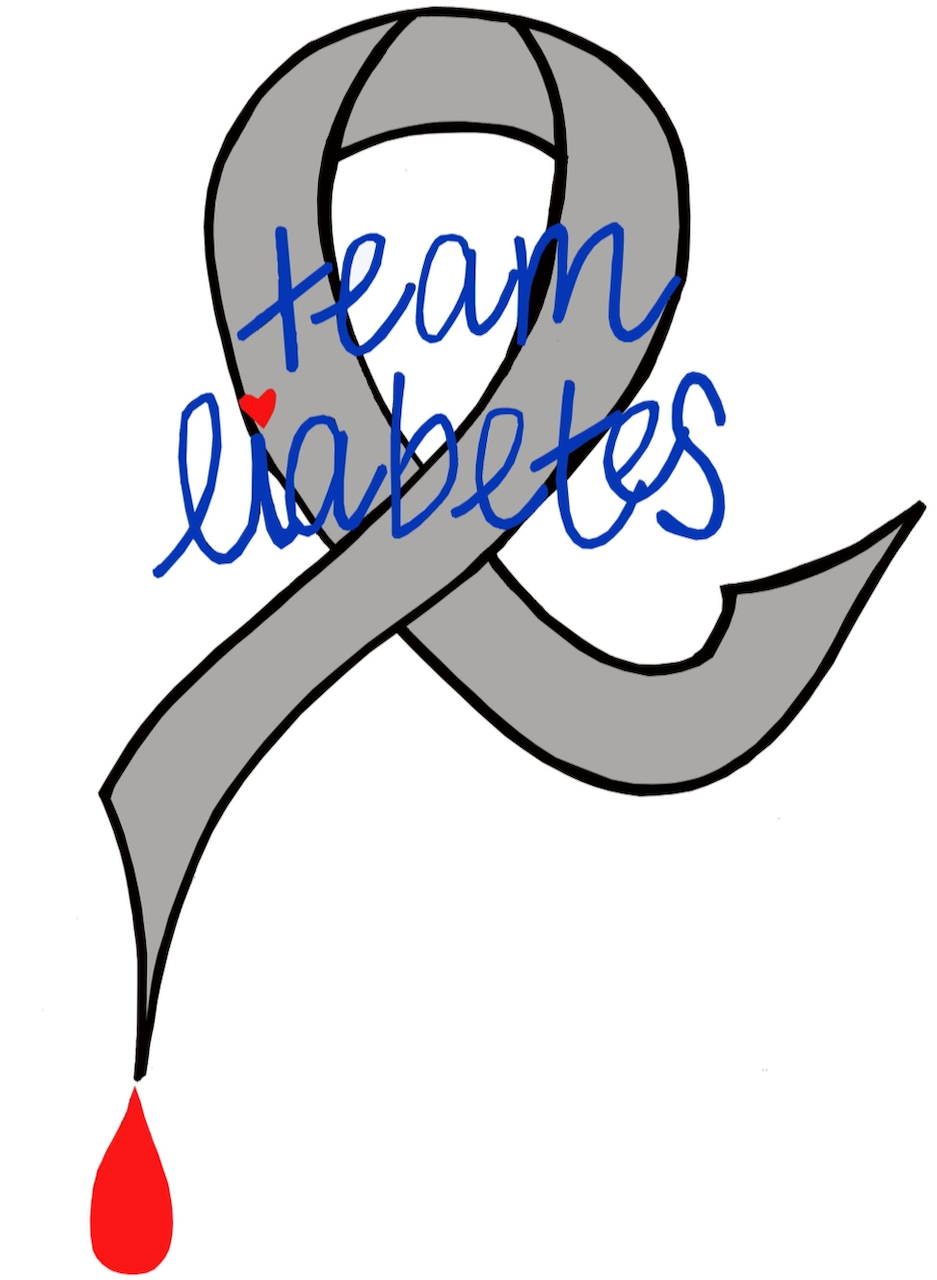I am, She is, We are
We submitted our application to the JDRF Children’s Congress early last week and in so doing took one more potential step from the shadows of obscurity into the spotlight that is the ardent voice of advocacy and awareness. Our story. Our faces. Our family.
There are two things that stand out about this. One, it is very difficult when you are trying to lead a normal (or, I don’t know, maybe it’s abnormal) life without envy to put yourself in a position of public exposure. Happiness, the great philosopher Socrates suggested, was contingent upon, among other things, living with a tolerance of being overlooked. I believe that is true and were it me, not Lia, with diabetes, I could, I think, strive for that kind of low profile life, however right or wrong it might be, if only to spare those closest to me my fear and frustration. But it is not me, it is my daughter, and her keeping that or any other source of anguish to herself is not anything I would ever wish for Lia or any of my children.
And there, as they say, is the rub. Where do you draw the line between nurturing and preparing your child for the realities of adulthood by setting a good example? Is life without envy even possible if every week you sit down and describe, vent, seek, share or make permanent all the many ways diabetes is a part of it? There is value to that, of course. I would not have done it this long were there not. But it’s important too, perhaps more than anything else, that we accept those things out of our control (diabetes) and replace the thing we most desire (a cure) with only things we are certain of obtaining (our dignity). Is that not the true measure of without envy?
The answer is obvious, we are after all human and the human condition is one of enduring acceptance: some things are up to us and some things are not up to us. It does not take advocacy or writing or championing a cause to appreciate that, but it might sometimes make it harder.
Over the last couple of weeks, through no conscious effort on my own, the kids and Franca were on vacation and time just got away from me, I welcomed a break from writing for Without Envy. I have not taken that long of a hiatus since Lia was diagnosed last December and while I don’t write or post every day, the purpose — raising a child with type 1 diabetes to live life to the fullest — is something I think about every day. During this time though I tried living as Socrates might, quietly, stoically, without metaphors, stories, or mindful stretches for deeper meaning. Those things I reserved for my fiction.
Mostly, I thought, it went well. We worked some, played some and spent time with friends and family. The only mention of Without Envy was when Lia suggested it to someone else, which surprised me as I hadn’t been aware that she was so tuned in to it, but she was, more than I even then gave her credit. Of her diabetes, we were dealing with it straightforwardly through science, smarts and intuition, not wordy contemplation.
Then, near the end of it, we sat down one evening at the kitchen table and realized we hadn’t changed Lia’s infusion set as we’d planned. Because she was out of school, her blood sugar numbers had been running high and this particular hour of the day was no different. It was pasta night and the water was already boiling. We wanted to get her levels down sooner than later, so we talked about giving her a shot instead of waiting the five or ten minutes it would take one of us to change her site and dose her. It had been since June she’d had an injection, but she’d taken hundreds of shots. It was nothing new. She’d been giving them to herself for months without flinching. But at that moment the thought for her was just too much to bear and Lia broke into tears.
What is it? we asked and when she didn’t answer right away, we backed off: All right, we said, we’re sorry. We’ll go ahead and change out the pump.
It’s not that, Lia answered through sobs.
What then?
It’s everything, she cried. It’s all of it.
******
So we aren’t, it turns out, any of us, quite ready to accept that this is just simply the way things are now. We have an obligation to Lia and to all children with or without chronic illness to be their voices for them. To raise the call for help, to bring attention, to raise money, to demand that someone listen. Through our example, Lia may one day discover her own voice and will say on her own to the world: I hear you. I am here. I want to help.
Which brings me to the second point of all this and it comes from another philosopher, Marcus Aurelius, who said that nothing is worth doing pointlessly.
I’ll say that again, nothing is worth doing pointlessly.
Advocacy. Fundraising. Research.
Whatever it is, make it count.

